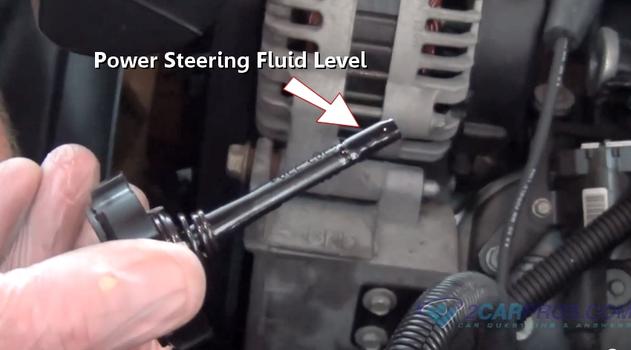Howling Noise
Car Makes Howling Noise
Helpful InformationStep by step guide on how to troubleshoot and repair an automotive howling noise, this information pertains to all cars.
- Flashlight
- Wrench Set
- Screwdriver set
- Protective eyewear and gloves
Begin with the vehicle on level ground, engine off with the parking brake set.
 Tire Tread Scallop
Tire Tread Scallop Step 2 - An axle bearing is designed to support the vehicle while in motion, when these bearings fail they can cause a howling sound which is sometimes more noticeable when the car is turning.
Step 2 - An axle bearing is designed to support the vehicle while in motion, when these bearings fail they can cause a howling sound which is sometimes more noticeable when the car is turning.
Power Steering Fluid Level

Differential Metal Shavings
Step 6 - An automatic transmission can produce a howling noise when the filter has plugged or the fluid level is low.

Plugged Transmission Filter

Manual Transmission Gear (Cut Away)

Serpentine Belt Tensioner Pulley
.
Comments
Post a Comment